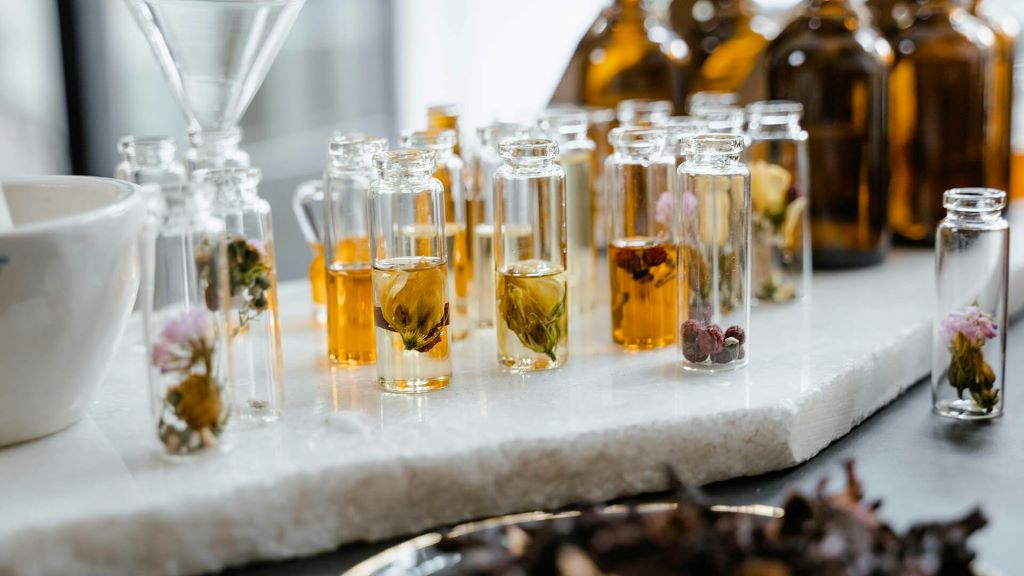Are you captivated by the world of fragrances and dream of launching your own perfume business? You’re not alone. The perfume industry is vibrant and continually evolving, offering exciting opportunities for creative entrepreneurs. Whether you’re passionate about crafting unique scents or selling luxurious perfumes, starting a perfume business can be a rewarding venture with global appeal.
In this comprehensive guide, we’ll walk you through everything you need to know on how to start a perfume business — from market research and product development to marketing strategies that attract loyal customers. Plus, you’ll gain practical tips aligned with Google’s helpful content guidelines and SEO best practices to help your new perfume brand stand out online.
Why Start a Perfume Business?
Perfume is more than just a fragrance; it’s an expression of identity, emotion, and style. The global perfume market is projected to grow significantly, driven by increasing consumer interest in premium and niche scents. With minimal barriers to entry and the potential for high margins, a perfume business offers a unique blend of creativity and commerce.
Step 1: Conduct In-Depth Market Research
Before launching, deep market research is essential. Understanding your target customers, competitors, and current perfume trends will help you find your niche and tailor your business accordingly.
- Identify Your Target Audience: Are you creating affordable everyday perfumes, luxury high-end scents, or gender-neutral fragrances? Knowing who your ideal buyer is will inform branding, pricing, and marketing.
- Analyze Competitors: Study successful perfume brands for their product ranges, pricing, marketing channels, and customer engagement tactics.
- Spot Trends: Perfume industry trends like eco-friendly ingredients, cruelty-free products, or personalized scents can help differentiate your business.
Step 2: Develop Your Unique Perfume Concept
A strong product concept is at the heart of any successful perfume business.
- Craft Your Signature Scent: Collaborate with experienced perfumers or fragrance houses to create unique blends. Consider using rare or organic ingredients to stand out.
- Choose Product Line: Decide if you want to offer a single signature fragrance or a collection targeting different moods or seasons.
- Packaging and Branding: The visual identity is critical in the perfume business. Elegant, sustainable packaging designed to appeal to your customer base can create lasting impressions.
Step 3: Understand Legal and Regulatory Requirements
Perfume manufacturing and selling are subject to regulations designed to protect consumer safety and intellectual property.
- Product Compliance: Ensure your formulations comply with international standards, such as IFRA (International Fragrance Association) guidelines.
- Business Licensing: Register your company according to local business laws.
- Trademark and Branding Protection: Secure your brand identity legally by registering trademarks for your brand name and logo.
Step 4: Set Up Your Production Process
You have two main options: produce the perfumes yourself or outsource to a contract manufacturer.
- In-House Production: Requires more upfront investment but gives full control over the process.
- White Label or Private Label: Easier for beginners — buy pre-made scents and customize branding.
- Find Reliable Suppliers: Source quality ingredients and packaging materials from reputable suppliers.
Quality control is crucial to ensure consistency and customer satisfaction.

Step 5: Build Your Brand and Online Presence
Branding is everything in the perfume industry. It communicates your story, values, and the lifestyle your scent embodies.
- Create a Professional Website: Incorporate user-friendly interfaces, detailed product descriptions, and SEO-optimized blog content about perfume care, fragrance notes, and styling tips.
- Leverage Social Media: Platforms like Instagram, Pinterest, and TikTok are powerful for visual storytelling and product launches.
- SEO Optimization: Use keywords related to perfumes, fragrance types, and consumer queries naturally throughout your site to increase search visibility.
Step 6: Develop an Effective Marketing and Sales Strategy
Getting your perfume into customers’ hands is the ultimate goal. Here are proven strategies:
- Influencer Collaborations: Partner with beauty influencers to expand reach.
- Sampling Campaigns: Provide sample vials to potential customers to encourage trial and purchase.
- Pop-Up Shops and Events: Engage offline with customers, allowing them to experience the scents firsthand.
- E-commerce Platforms: Use Shopify, WooCommerce, or Etsy to sell directly online.
- Email Marketing: Build a subscriber list for exclusive offers and product announcements.
Step 7: Manage Finances and Scale Your Business
Efficient financial management will sustain and grow your perfume business.
- Create a Detailed Business Plan: Include startup costs (ingredients, packaging, marketing), projected sales, and profit margins.
- Track Expenses and Revenue: Use accounting software to stay on top of your finances.
- Plan for Growth: Explore wholesale partnerships, expanding product lines, or entering new markets.
Frequently Asked Questions (FAQs)
Q1: How much does it cost to start a perfume business?
Startup costs can vary widely based on production method, packaging, and marketing scale but typically range from $5,000 to $50,000. In-house production tends to be costlier than private label approaches.
Q2: Do I need a background in chemistry to create perfumes?
Not necessarily. Collaborating with professional perfumers or fragrance houses can help you craft quality scents without advanced chemistry knowledge.
Q3: How can I protect my perfume formulas?
Formulas can be protected as trade secrets; ensure confidentiality agreements with collaborators. You should also trademark your brand and distinctive product names.
Q4: Which is better: online sales or physical stores?
Both have strengths. Online sales provide global reach and low overhead, while physical stores or markets allow customers to test scents, a critical element in fragrance purchase decisions.
Conclusion: Take the First Step to Launch Your Perfume Brand Today
Starting a perfume business combines creativity with strategy, offering the chance to captivate audiences through unique scents and compelling branding. By conducting thorough market research, developing a signature fragrance, navigating legal requirements, and planning effective marketing, you’ll be well-positioned for success in this fragrant industry. Remember, authenticity and quality are key—customers seek perfumes that speak to their individuality.
Read More:
Is Mental Health Training part of your Company’s Wellness Strategy?



